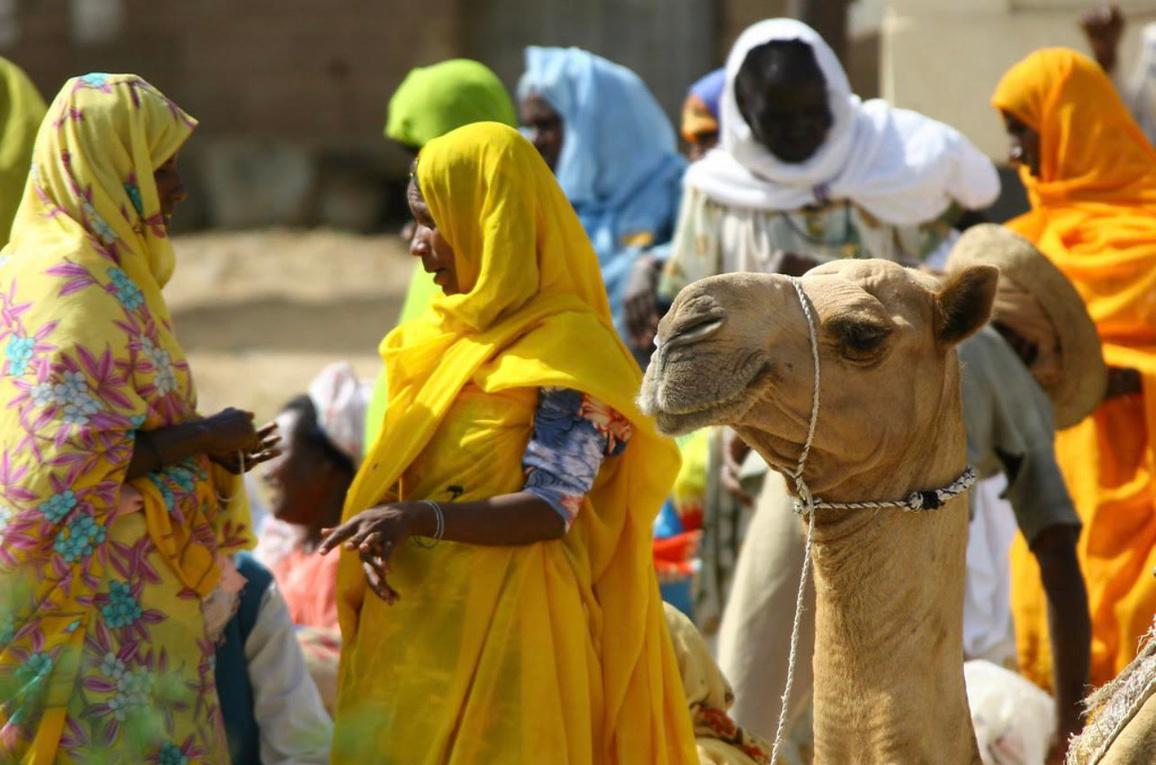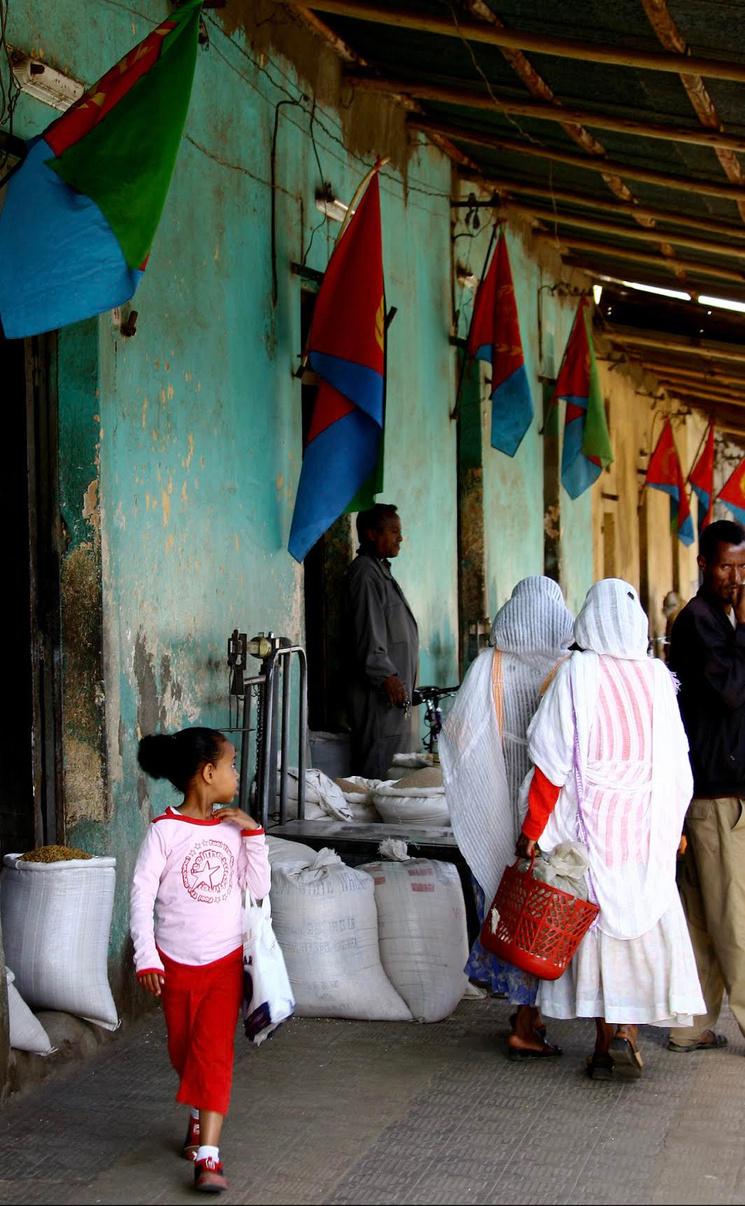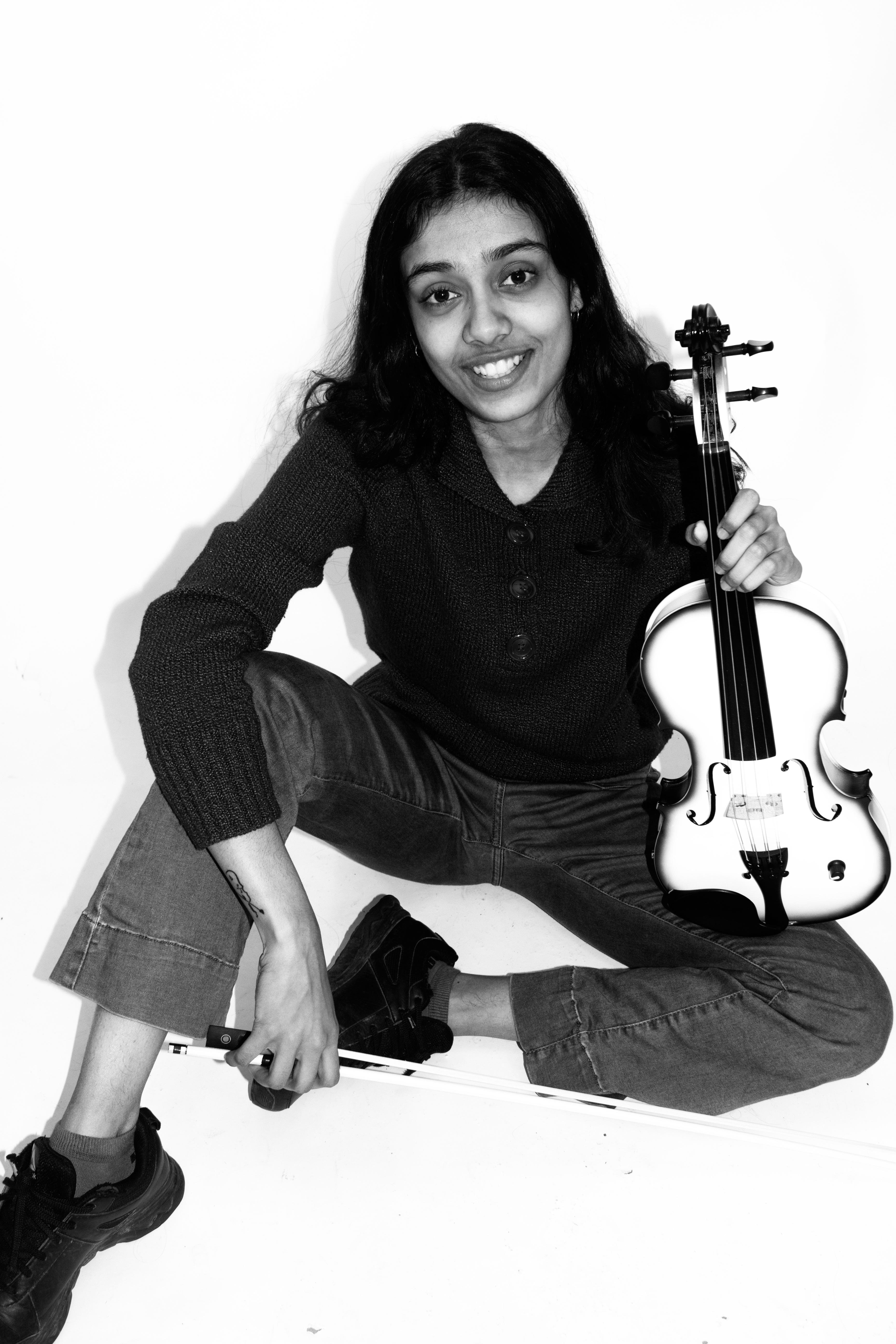
6 minute read
Art Music and Colonialism
from BIPOC Lenses Issue 3
by bipoclenses
A Research Article By Benhur Ghezehey
In the early 1990s, Woldeab Woldemariam, a radical revolutionary leader, and one of the fathers of Eritrean nationalism, gathered prominent Eritrean artists and intellectuals to a meeting. He just returned from more than 3 decades of exile, when Eritrea finally achieved its independence in 1991, after successive colonialism from Italy, UK, and Ethiopian regimes. There he tasked Eritrean musicians for an important mission. With great wisdom, he said the following about Music:
Advertisement
This is translated from Tigrinya, and Woldeab Woldemariam clearly stated that music was key to nation building and advancement of society. Indeed, during the bloody years of armed struggle, Music was an abode to the Eritrean population and its freedom fighters. Eritrean musicians were instrumental in instilling national unity when in the 1940s, the UK who at that time occupied Eritrea after defeating Italy in 1941, planned to partition the former Italian colony to Sudan and Ethiopia. In the 1950s however, the UN ignoring the will of the Eritrean population, deci-ded to federate Eritrea with Ethiopia. During the federation, Eritrean artists used music to preserve national identity, and challenge foreign culture that was engulfing the country. In 1950s, Atewebrhan Seghid, a prominent musician wrote a song called “Aslamay Kristanay - Muslim and Christian” , with message to unite the two religions, and combat sectarianism. The song paved the way for the creation of a united national identity that surpassed religious and ethnic identities. The music of the 1960s, and 1970s continued to
raise political awareness often through coded secret messages to avoid Ethiopian censorship, and inspire the youth to join the armed struggle for Eritrean Independence. In the mountainous northern part of the country, where Eritrean resistance liberated lands, music was instrumental to uplift the morale of the people, promoting social consciousness of equal rights, and an outlet of the Eritrean voice

Woldeab Woldemariam. “We must understand music’s role in the renaissance of a people. I love music, and I appreciate its power. And you are not just meant to create music for the sake of entertainment, but for the revival of a nation, for the deliverance of the Virgin, the beautiful princess. ”
Entrean Musicians.
Benhur and other performers. to announce that their victory was inevitable. The Italians were the first to fully colonize Eritrea in 1890. They created perhaps the first apartheid in the world, whereby native Eritrean were not allowed to walk through the main boulevard of the capital Asmara, barred from education above the 4th grade- so to allow Eritreans to be smart enough to labor in colonial industrial factories, but dull enough so as to not wake up to resist colonialism. The Italians colonizers were fond of music, and built an Opera house in the restricted center of Asmara. The Teatro di Asmara constructed in 1918, would become a famous venue for Italian musicians to perform orchestral, operatic and band music to exclusively Italian audiences. In 1961, 20 years after the Axis Italy’s defeat, the Asmara Theatre Association famously known as MaTeA, was formed by Eritrean artists and started to showcase drama and music performances in the once-segregated Asmara Theatre. MaTea musicians started out with traditional roots of Eritrean music, but soon developed to integrate modern musical instruments. Several Italians who stayed after the Italian colonization ended, also started giving music education to Eritreans artists who become skilled musicians of Western instruments such as violin, clarinet, accordion and fused them with indigenous instrumets irar and kebero. MaTeA was an Inclusive space where musicans from Eritrea, Ethiopia, Sudan, Egypt and Italy, performed together and brought immense cultural exchanges and friendships. MaTeA musicians, in large part influenced through the radio broadcasts of Kagnew

Station (US military installation in asmara during the Cold War), began to incorporate American music like psychedelic rock, motown and soul. In 1974 after the brutal Ethiopian Emperor Haileselasssie was overthrown by another brutal communist military junta, MaTeA artists started to flee into exile or join the armed struggle. The legacy of MaTeA and revolutionary Eritrean musicians guides the postindependence musicians. As Eritrea embarks on nation-building, music plays a major role in once again inspiring youth to socio-politico-economic development. This is the common pathway that music ought to play in the African continent as a whole. This is just a little bit of the vast history of music in a small part of the continent; one can imagine the unique, complex and astonishing music history of the 54 nations of Africa. It is in this light, that we consider the role of Art music as the troubled continent charts a new bright future, and aspire to fulfill the dreams and hopes of the many generations that passed. African Art Music should African Art Music should reflect the tremendous cultural heritage of the extremely diverse and rich continent. African cultures and peoples have barely explored the immense possibilities of the already extensive musical treasure that abound. And this is in spite of the fact that modern popular music is heavily influenced and based on African rhythm, style and ingenuity. Africans on both sides of the Atlantic and beyond, have shaped what music is today. Even going back to several centuries ago, it was the North African Islamic civilizations that brought sophisticated musical instruments and music theory, along with scientific revelation to Middle ages Europe. One can refer to the Moors expansion into the Spanish peninsula and establishment Africans shouldn’t shy away from exploring all art forms, and particularly classical music. The scourge of colonial history, and the exclusivity of classical music may discourage burgeoning African artists from attempting to participate in. However, the vast canon of classical music as well as music education, can be used as a tool to explore and use African music. Music has an undeniable transformative power, and just as Science is global in its nature, so is Art. In fact,the main issue is not
African restraint to go into classical music, but the racist & elitist walls created and maintained by westerners. The west doesn’t shy away from extracting and exploiting African raw resources; but when it comes to African minds and talents, the interest is nowhere. The history of African Art Music is ancient and prestigious, and this tasks African musicians with a responsibility to use art for the development and unity of their peoples. African musicians are expected to add momentum for sustainable economic growth, inclusive social justice, peace & reconciliation, and cultural rejuvenation & propagation. Music in its purest form is fostering love and understanding, empowering humanity and equality, advocating for peace and justice, and harboring respect for nature and the environment. African art music thus should focus in guiding the aspirations of Africans on their quest for a just, peaceful way of life that aims to the Pan-African values goals.





Benhur Ghezehey Eritrea




